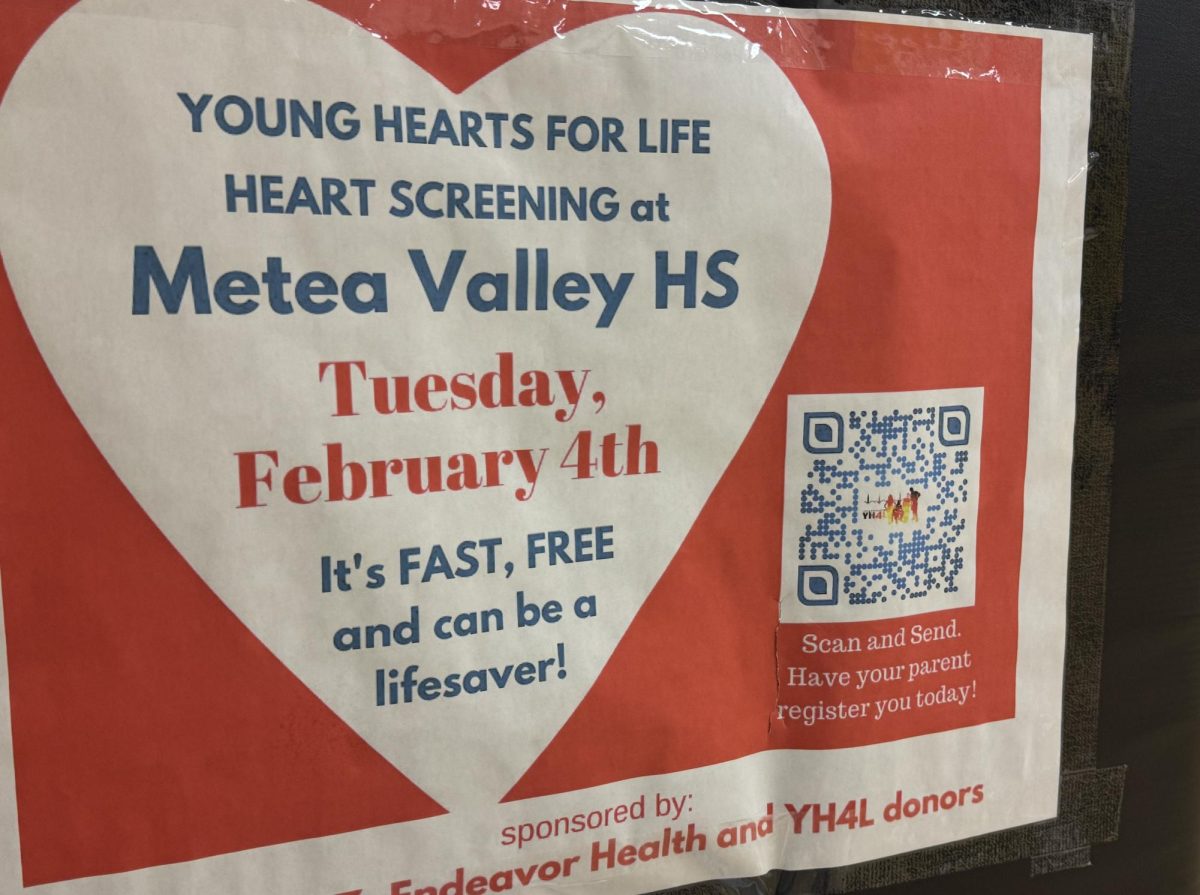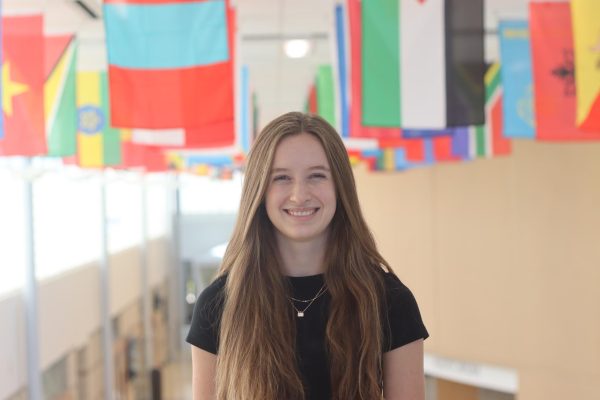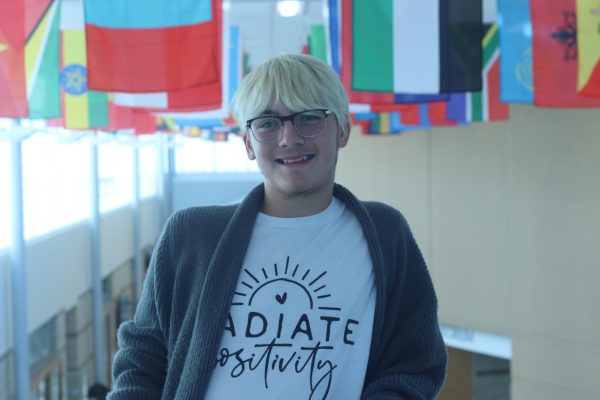On Tuesday, Feb. 4, gym classes will pause to allow students to take an Electrocardiogram (ECG) screening.
Every year, thousands of young student-athletes unknowingly carry heart diseases that could lead to sudden cardiac arrests. ECG screenings—quick and painless tests—identify these potential conditions in the early stages, helping those diagnosed to find the treatment they need sooner. The upcoming Young Hearts for Life (YH4L) event takes a proactive approach to protecting students’ heart health.
“It is recommended that students have this ECG,” Health teacher Ashley Abruscato said. “The ECG can help detect any underlying heart conditions that you may not be aware of.”
Young Hearts for Life is a non-profit organization that offers students free ECGs at no cost every two years. They are the biggest screening program in the US, having performed more than 340,000 for high school/college students.
Their goal is to help save lives by identifying heart conditions that people would otherwise not know they had. Many heart conditions can go undetected for years, and without an ECG, some people will never know they have one. According to Young Hearts for Life, they have saved over 3,400 lives by identifying heart conditions through their screening.
“Unless someone had a specific health concern, most probably wouldn’t have an ECG done, so this is a chance to be proactive with your health when you have the opportunity,” sophomore Rosalie Chaney said.
Although many juniors and seniors have already been screened two years ago, they are still encouraged to participate this year.
“I participated my freshman year, and it’s a super easy thing that you can do to keep yourself safe and healthy,” junior Abby Nayak said.
The screening will take place during each gym period on Feb. 4. No matter what gym class you are taking, whether it’s health, sports medicine, etc, there will be an opportunity to participate. It is a fast and easy test. Both teachers and the presenter from Young Hearts for Life, who talked to gym classes a few weeks ago, stressed that there is no need to be nervous.
“I didn’t really want to participate at first, and I’m still nervous, but I know that this will provide really good insight about my heart health,” Chaney said. “Plus, it’s free and fast!”
The screening process is quite simple and quick. Students check into the screening area and are assigned to a booth. In the booth, they are hooked up to the ECG machine using six stickers, which do not penetrate the skin barrier. The scanning takes around a minute, and students are free to leave. If diagnosed, they will then receive their results along with a possible action plan.
“We are so lucky that our district, along with the Indian Prairie Education Foundation, recognizes and supports the Young Hearts for Life program coming to our schools every 2 years,” Abruscato said.
“I tell all my friends to do it and that it’s super quick and painless, it’s even kinda fun,” Nayak said.








